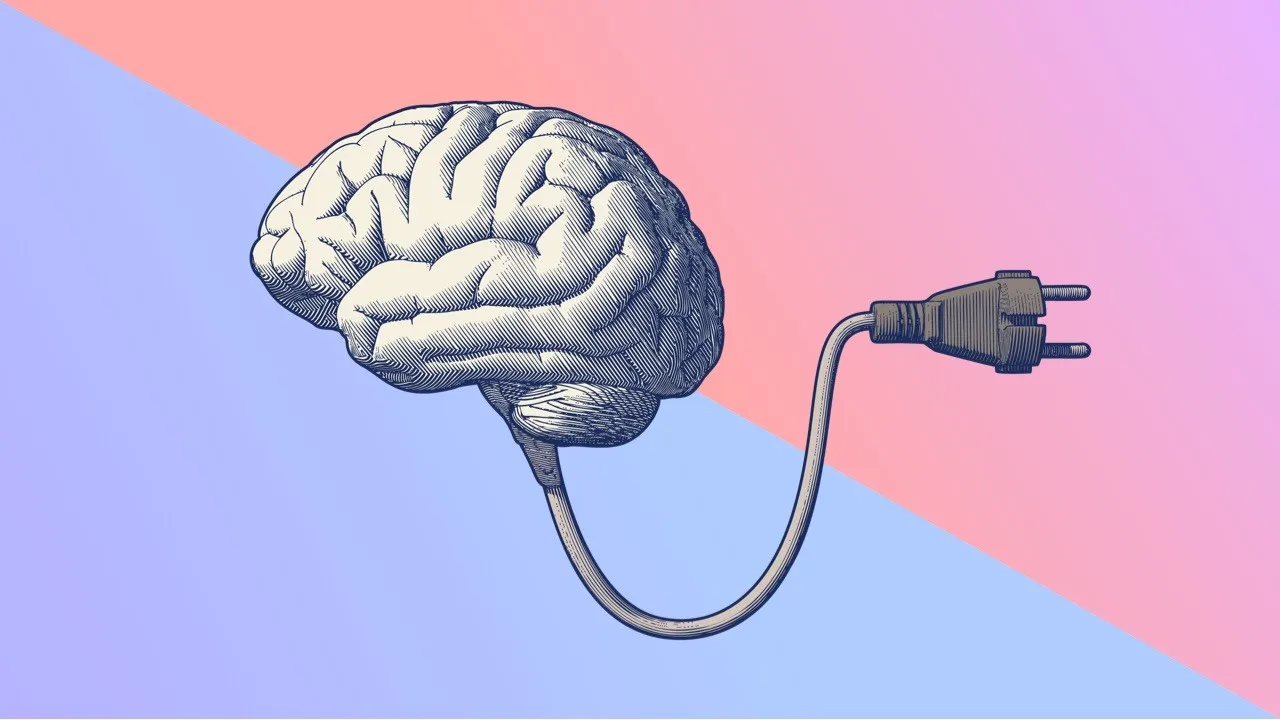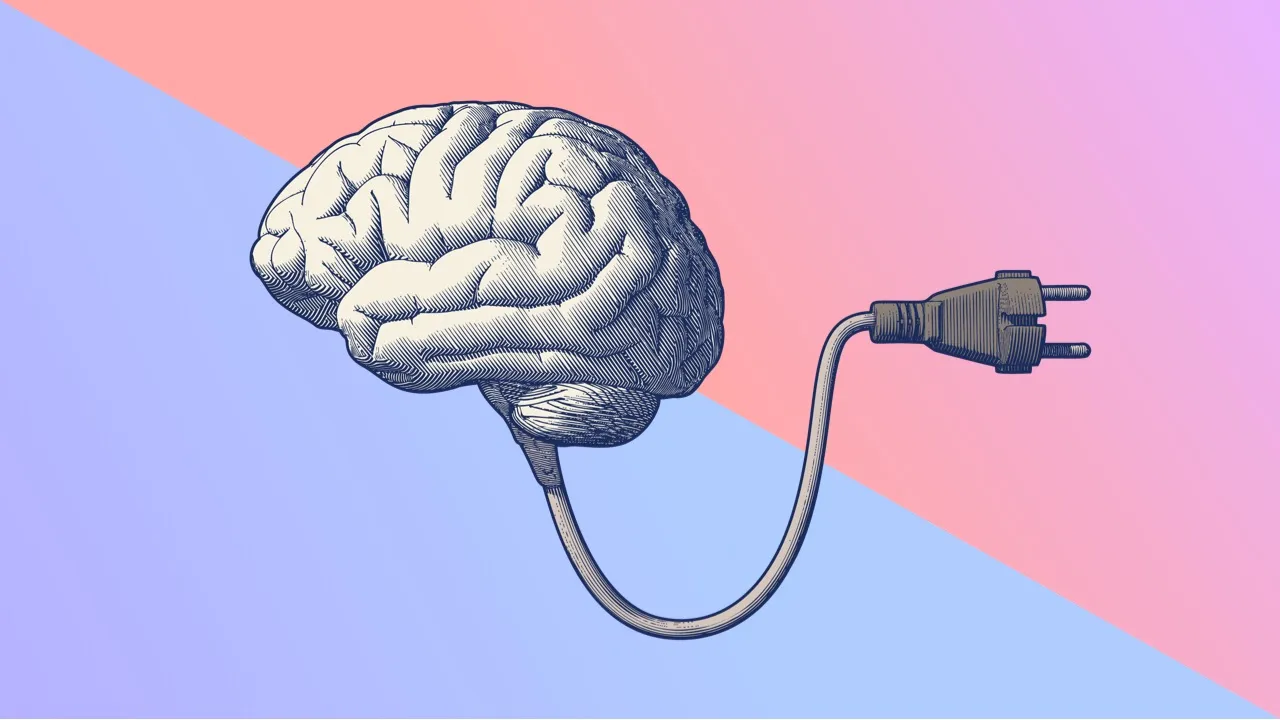The Office Ratchet Fallacy
The New York Times has a new piece about differences in office occupancy between large and small cities. Emma Goldberg writes: "The competition for parking space is getting steeper. Commutes are inching longer. Workplace lounges are filling up with commotion as junior associates play cornhole. What return-to-office debate? In
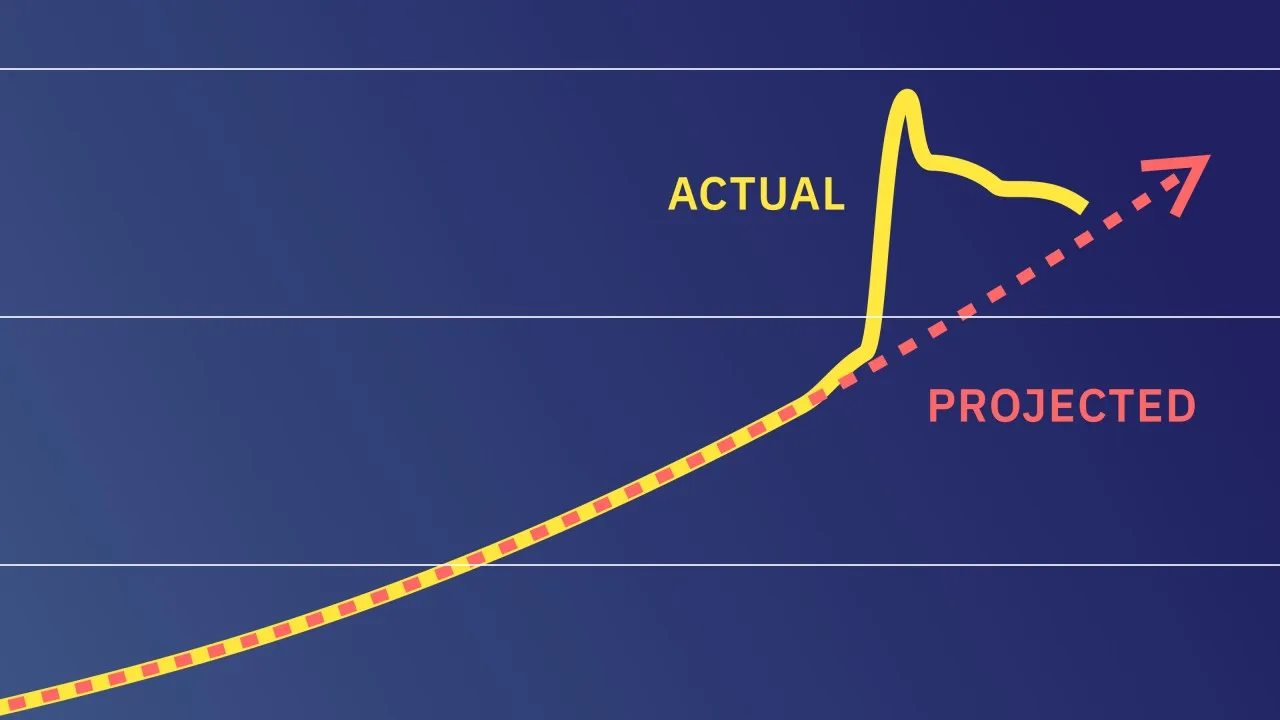
Remote Work and The Urban Long Tail
In 1949, the American linguist George Kingsley Zipf published a curious study. Zipf analyzed various long texts and created a ranking of words based on how often they appeared in a given work. He found that the frequency in which a word appears in a text is proportional to the
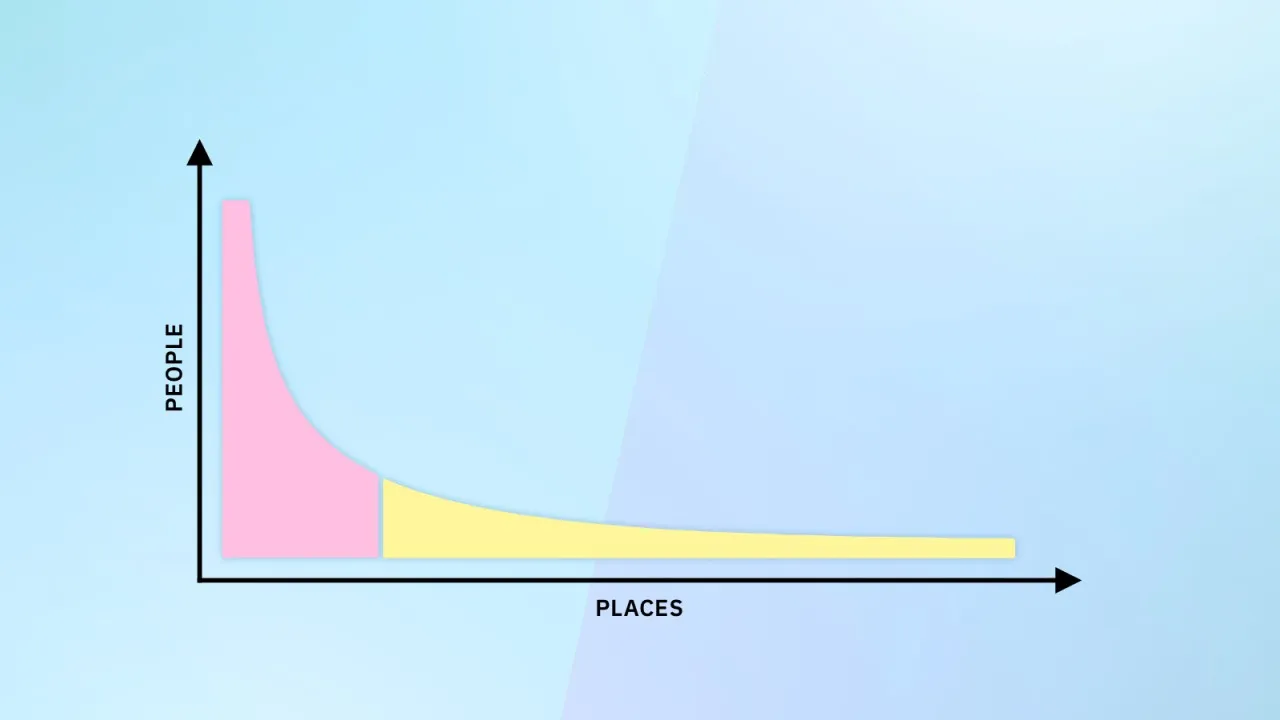
Remote Work Proves Cities Are Invaluable
Last week, Andreessen Horowitz (A16Z) announced they are "moving to the cloud." The company was initially skeptical about working remotely but learned from experience: "It turns out that running a technology company remotely works pretty darned well. It’s not perfect, but mitigating the cultural issues associated

Milder Recessions, Wilder Careers
Remote work makes it easier for the economy to adjust to changes in supply and demand and allocate people to their most productive use. But a more efficient economy also means more volatile careers.

Productivity and Inequality
Yesterday, I wrote about the 50-fold increase in the productivity of manual laborers in the 20th Century. In the decades ahead, experiments with new work arrangements are expected to lead to similar increases in the productivity of knowledge workers. But there is a key difference between manual labor and knowledge

Routing Around the Office
Can you force people to work a certain way? Companies and labor markets are networks. Collaboration and innovation depend on the flow of information. Once you plug your business into the internet, it starts behaving in ways you cannot control. If you try to force your views on the network,

God Outside the Office
What do you have in common with your colleagues? Fifty years ago, it was easier to answer this question. Work was linear and relied on identical inputs that produced predictable outputs. Corporations recruited identical people to perform identical tasks, and the media and education system produced identical people to fill
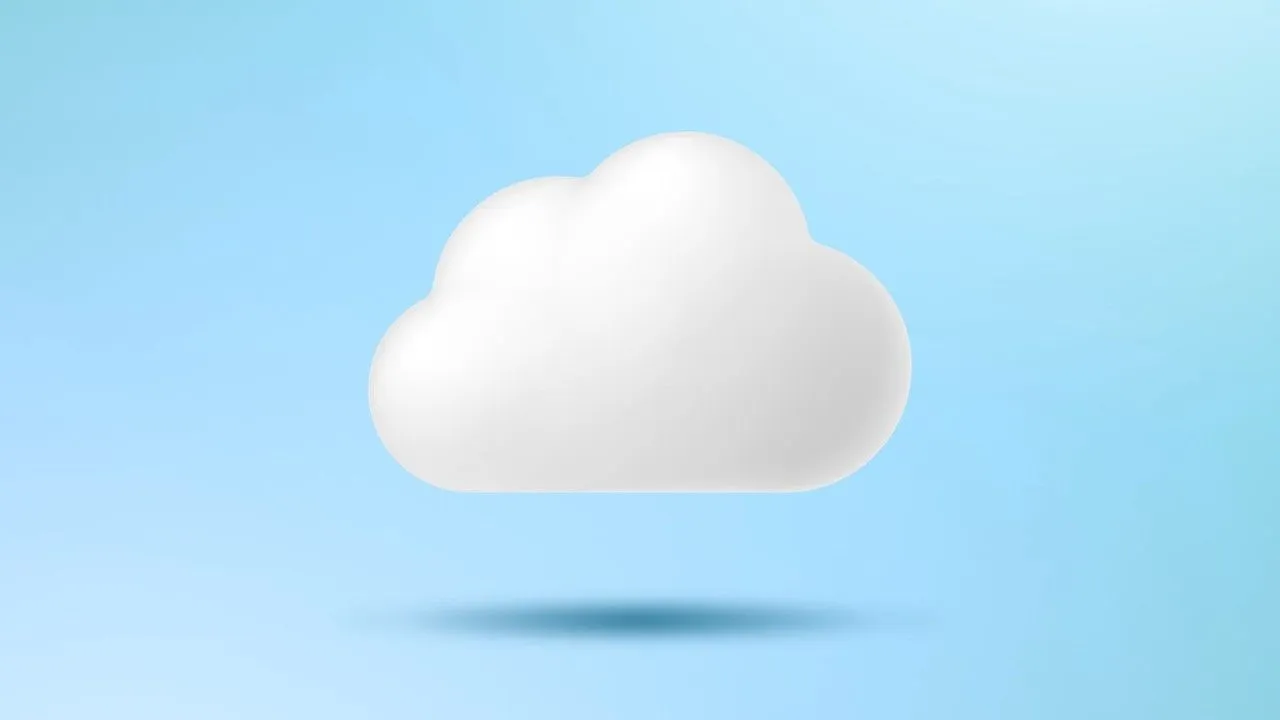
Goodbye Risk, Hello Uncertainty.
Young people are opting out of guaranteed decline for a slim chance of incredible success. They did so when the economy boomed, and they have even more reason to do so now that the economy is slowing down. We owe them a third option. We tend to consider the terms

A Recession Won't Bring People Back to the Office
Some analysts assume that employees will lose their leverage and return to the office as the economy slows down. This theory is based on a mistaken assumption.

If nobody's there, is it still a company?
The office and the corporation are intertwined. A big box full of people and things is the physical embodiment of the legal entity that "owns" these people, their tools, and whatever they produce. Once people are liberated from the box, what happens to the legal entity? We focus
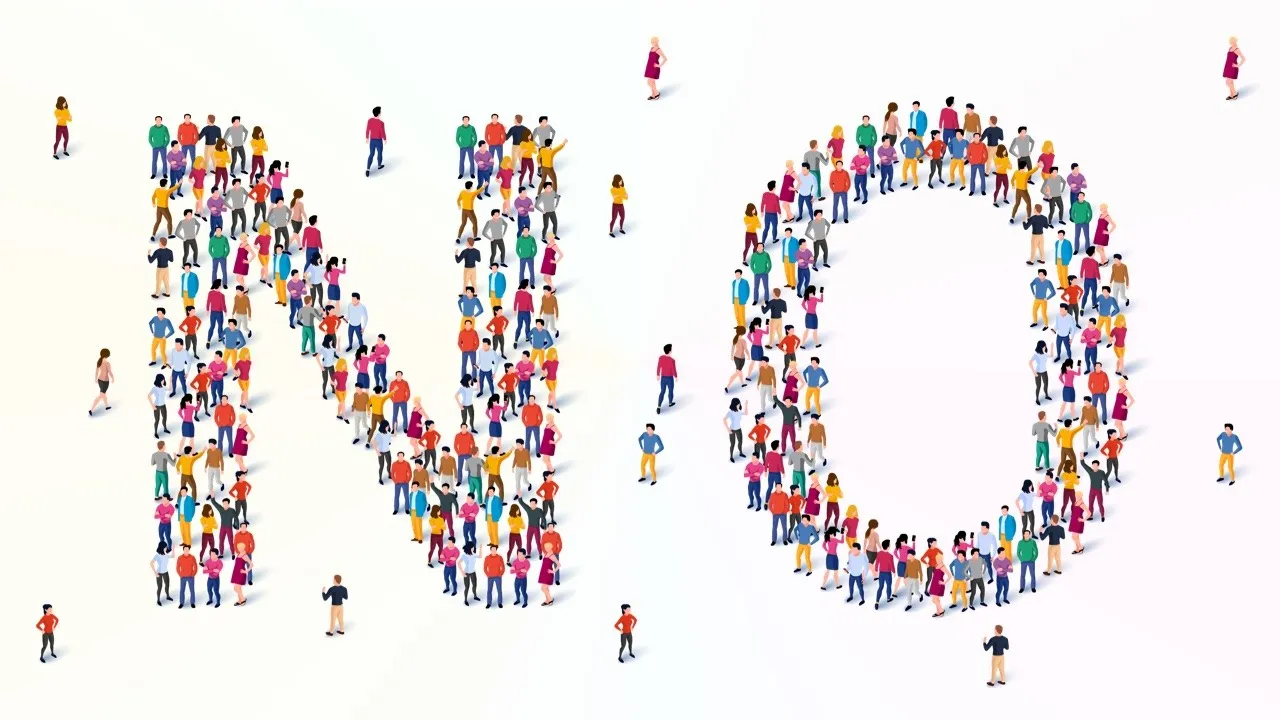
Who Needs Web3?
The internet is a meteor that crashed into human civilization. We absorbed the initial impact. Now, we need to figure out how to fit all the pieces back together.

Designing the Future of Work
A recording of Dror Poleg's conversation with Kasey Klimes about designing for emergence, with a focus on the future of work.
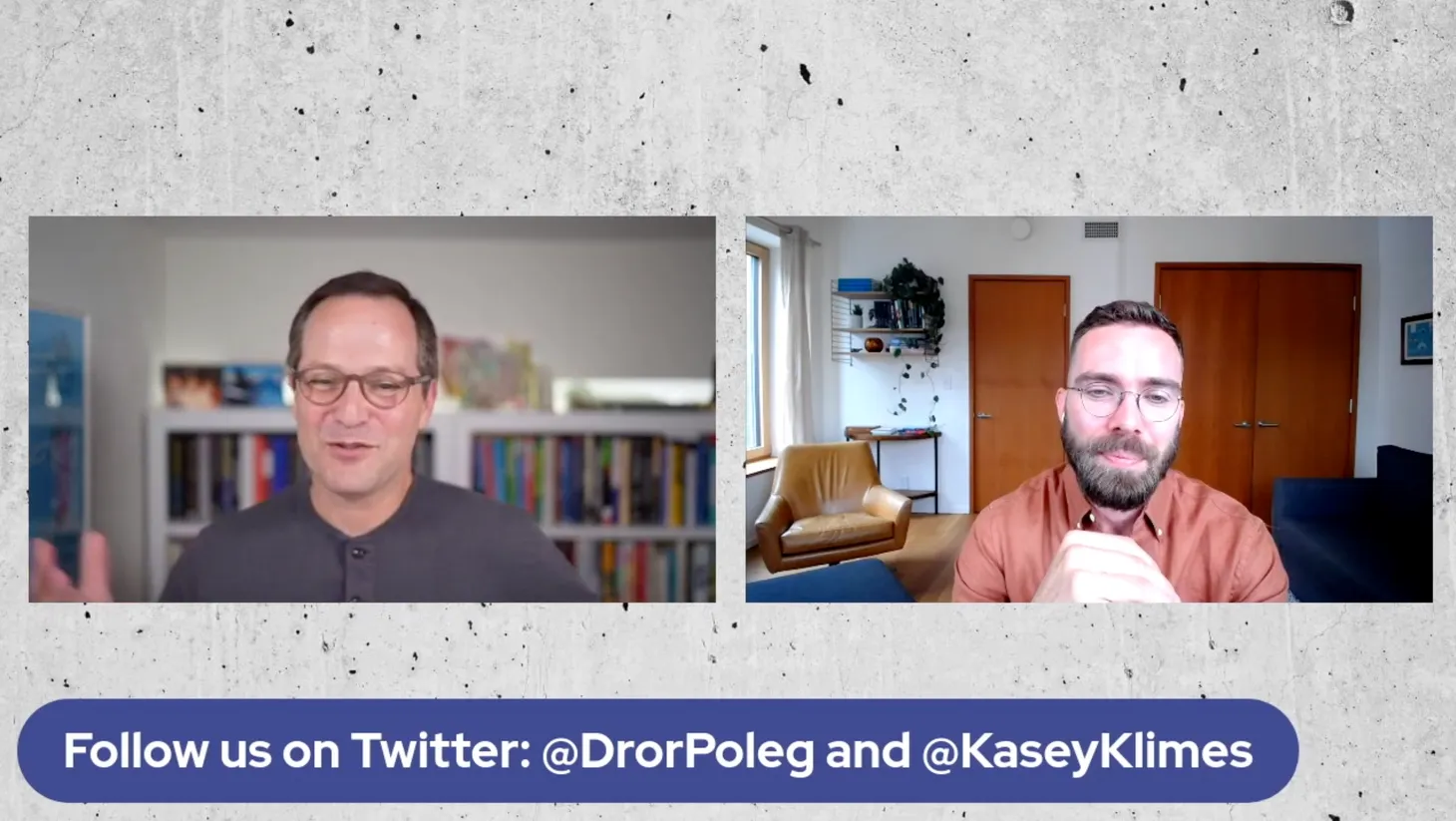
Focus, Remote, and Volatility
This week, I wrote about urban planning, remote work, asynchronous work, focused work, and the productivity of American volatility. All the pieces are below.

The American Meme
China approaches memes in the same way it approaches pandemics. Its "Zero Covid" policy aims to control tiny aerosol particles that carry infectious viruses. And its censorship policy seeks to control tiny bits of information that carry contagious ideas. As I pointed out in The Meme Leak Theory,

Distracted by Default
The productivity of manual laborers increased 50-fold during the 20th century. One hundred twenty years ago, looking at a mechanic or factory worker, it was hard to imagine that such a dramatic increase was possible. And yet, it happened. And it facilitated massive improvements in the quality of life of
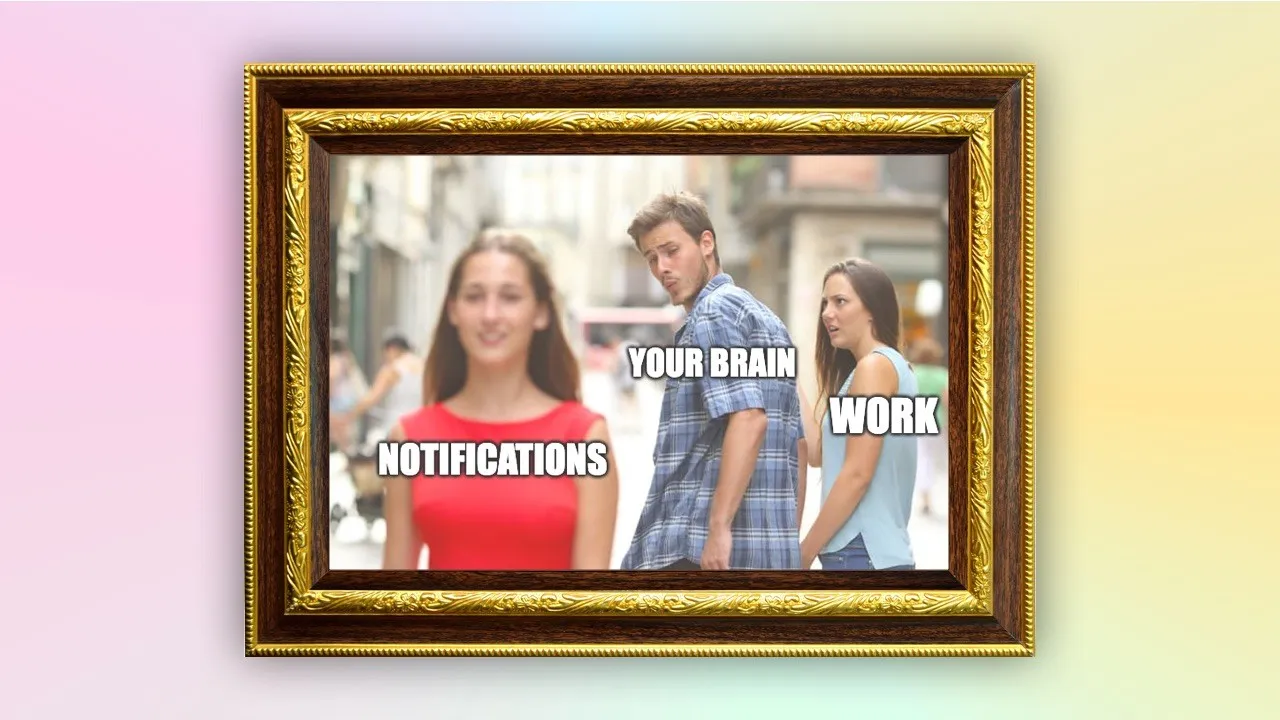
Remote First, Async Second
As remote work becomes more widespread, companies are allowing employees to have greater control over their schedules.

Remote Work and Urban Information
Companies tend to flock to large cities for two main reasons. One is that working in-person increases the odds of spontaneous “collisions” between people, leading to serendipitous discoveries. These collisions can be between people who work at the same firm, people in the same industry, or even across industries. The
